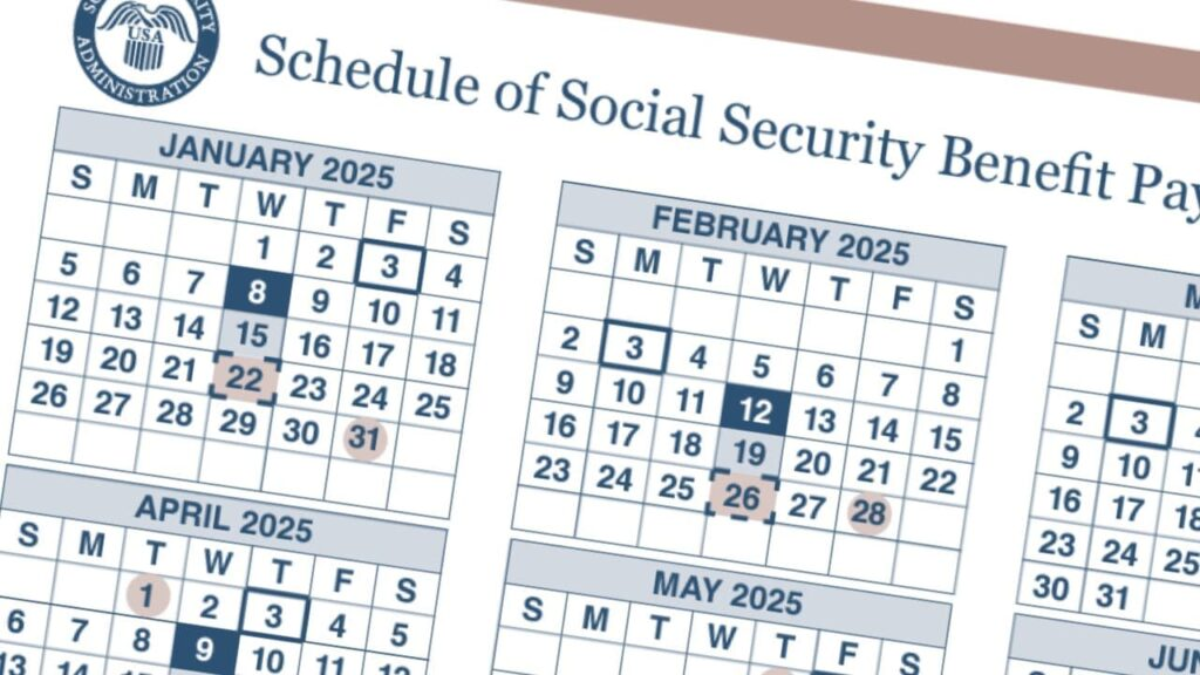Recent survey data reveals a concerning trend: more adults are increasingly worried about the stability and availability of Social Security benefits. This growing unease comes as debates about the program’s funding and longevity intensify amid economic uncertainties and an aging population.
Survey Findings Highlight Escalating Concerns
The survey, conducted by a prominent research organization, found that over 65% of respondents are skeptical about whether Social Security will be able to meet its obligations in the future. This marks a significant rise from 55% just five years ago. Key findings include:
- Widespread Doubts: Nearly 70% of individuals under 40 expressed doubts about receiving full benefits upon retirement.
- Generational Divide: While younger generations are particularly anxious, almost half of current retirees also worry about potential benefit cuts.
- Economic Impact: Over 80% of respondents indicated that concerns about Social Security influence their financial planning and saving habits.
Factors Fueling the Concern
Several factors contribute to the growing apprehension. First, the Social Security Trustees’ annual report has repeatedly highlighted that the program’s trust funds could be depleted by the mid-2030s without legislative action. If this occurs, benefits may be reduced to approximately 77% of promised amounts.
Second, inflation and rising living costs have heightened awareness about the importance of reliable retirement income. Many Americans now view Social Security as a critical safety net that might be at risk.
Third, political debates over entitlement reform have further fueled public uncertainty. Proposals to raise the retirement age, alter benefit calculations, or privatize parts of the program have sparked widespread concern.
How Americans Are Responding
The growing doubts about Social Security’s future have prompted many individuals to take proactive steps:
- Increasing Savings: Financial advisors report a surge in demand for retirement planning services as people seek to bolster their savings.
- Diversifying Income Sources: More adults are exploring investment opportunities, such as real estate and stocks, to reduce reliance on Social Security.
- Delaying Retirement: Many workers are considering extending their careers to maximize Social Security benefits and build additional savings.
Expert Opinions on Addressing the Crisis
Experts emphasize that policymakers must act decisively to restore public confidence in Social Security. Proposed solutions include:
- Adjusting Payroll Taxes: Gradually increasing the payroll tax rate or raising the taxable earnings cap to boost program revenues.
- Reevaluating Benefits: Implementing targeted benefit adjustments to ensure long-term sustainability while protecting vulnerable populations.
- Strengthening Communication: Enhancing transparency about Social Security’s financial status to address public misconceptions and foster trust.
Staying Informed and Prepared
For individuals concerned about the future of Social Security, staying informed and proactive is key. Financial planning experts recommend:
- Monitoring Legislative Changes: Keeping up with policy updates that may impact benefits.
- Maximizing Contributions: Contributing to employer-sponsored retirement plans and Individual Retirement Accounts (IRAs).
- Consulting Advisors: Seeking professional advice to develop a comprehensive retirement strategy.
Conclusion: A Call to Action
The survey underscores a pressing need for policymakers to address the uncertainties surrounding Social Security. As more Americans voice their concerns, decisive action will be critical to ensuring the program’s longevity and maintaining its role as a cornerstone of retirement security.
For further insights on Social Security’s challenges and proposed solutions, visit Social Security Administration’s official website.
Disclaimer – Our team has carefully fact-checked this article to make sure it’s accurate and free from any misinformation. We’re dedicated to keeping our content honest and reliable for our readers.









